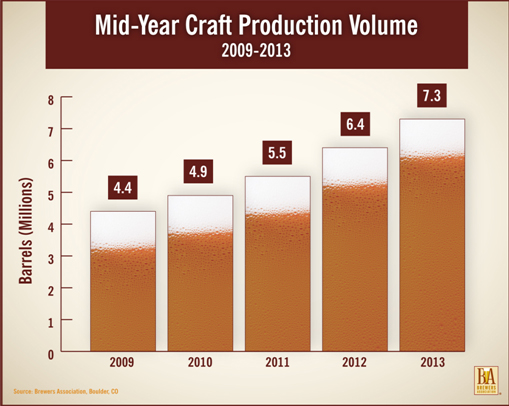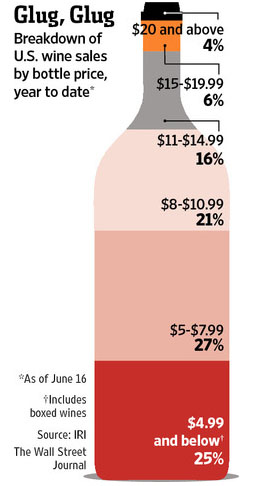Will Boulevard remain a craft brewer now that it has been sold to Belgium’s brewer Duvel Moortgat? Don’t they have anything more important to worry about at the Brewers Association? Julia Herz, craft beer programme director at the Brewers Association, has ruled on the matter: “Yes, Boulevard is still a craft brewer meeting all three pillars of our definition even with new parent company Duvel ownership.”
On August 6th - 8th 2013, around 240 brewers and industry experts from South America, North America and Europe converged on Buenos Aires, Argentina, for the 4th Ibero-American Symposium on Brewing and Filling Technology. Organized by the VLB Berlin, the symposium was actively supported by three leading breweries in Argentina – CCU Argentina, Quilmes und SAB Miller. SENAI from Brazil was joined by the American Society for Brewing Chemists (ASBC) for the first time as a collaboration partner for the event.
Do consumers really care where their beer is brewed? That’s the billion dollar question Constellation, the sole owner of Modelo’s brands in the U.S., will have to find an answer to in the next couple of years.
Constellation Brands, the U.S. seller of Corona beer, Svedka Vodka and Robert Mondavi wine, on 3 October 2013 reported net earnings of USD 189 million, or USD 0.96 per share. Net sales, which exclude excise taxes, more than doubled to USD 1.46 billion during the second quarter of fiscal 2014 (end of August 2013).
Have those drop-dead-gorgeous chicas that dominate Venezuelan beer marketing lost their ability to make men salivate for a beer? During 2012, beer production was flat over 2011 at 21.6 million hl, while per capita consumption dropped to 71.7 litres from 73 litres, sources say.
Is SLOW the operative term for brewing behemoths? It has taken MillerCoors, the number two brewer in the U.S., a full two years to answer Bud Light Platinum with its own more alcoholorific line extension called Miller Fortune. Miller Fortune’s alcohol content is to be a bit higher than its competitor’s, although both are aimed at "millennial males" (those born after 1980) and hope to steal share from fast-growing liquor brands.
Sometimes obstinacy will be rewarded. That’s why SABMiller has decided to take its case against the exclusive sales agreement between Mexico’s duopolist brewers and retailers to the next judicial level. The brewer said in early August 2013 that a Mexican federal court has accepted its case to consider overruling a July antitrust settlement on exclusive sales agreements that SABMiller believes "failed to truly address the monopolistic activities" in the Mexican beer market.
The steady and sustained growth of American craft brewing continued during the first half of 2013, according to mid-year data released by the Brewers Association (BA) at the end of July 2013.
Companies beware: No matter how much you shrink the font, some busy-body consumers still manage to read your fine print on labels. Naked Juice Co., a subsidiary of PepsiCo, had to learn this the hard, pecunary way. In July 2013 Naked Juice agreed to a USD 9 million class action settlement over claims it had falsely advertised some of its juices and smoothies as “all natural” and free of genetically modified ingredients.
To get rid of excess wine in the U.S., the former Foster’s wine unit Treasury Wine Estates (TWE) said in July 2013 that it plans to destroy AUD 35 million (EUR 25 million) of unsellable wine in the U.S., and to dispose of AUD 40 million worth of lower-quality wine at fire-sale prices in Australia.



